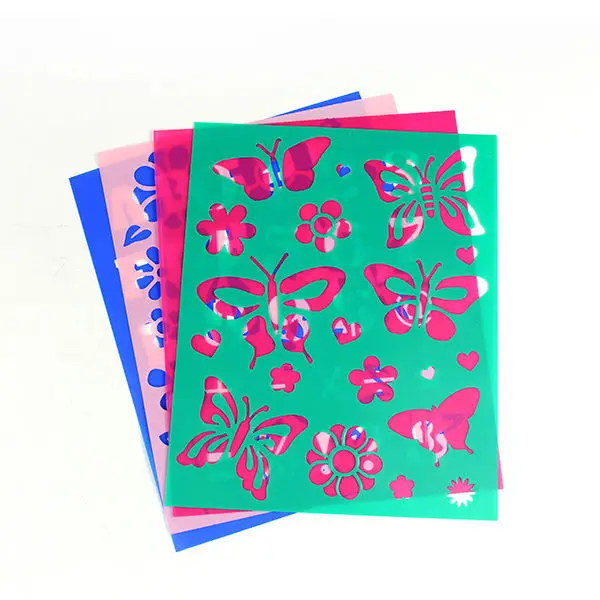A craft or trade is a motion or a profession that requires particular skills and knowledge of gifted work. In a historical sense, particularly the middle Ages and earlier, the term is usually applied to people occupied in small-scale production of goods, or their maintenance, for example by tinkers. The acknowledged term craftsman is nowadays often replaced by artisan and rarely by craftsperson (craftspeople).
Historically, the more specialized crafts subsequently high value products tended to concentrate in urban centers and formed guilds. The capacity required by their professions and the infatuation to be continually functioning in the squabble of goods often demanded a generally well ahead level of education, and craftsmen were usually in a more fortunate slant than the peasantry in societal hierarchy. The households of craftsmen were not as self-sufficient as those of people engaged in agricultural put-on and consequently had to rely on the difference of opinion of goods. Some crafts, especially in areas such as pottery, woodworking, and the various stages of textile production, could be skilled on a part-time basis by those furthermore energetic in agriculture, and often formed allowance of village life.
Once an apprentice of a craft had ended his apprenticeship, he would become a journeyman searching for a area to set happening his own shop and make a living. After he set going on his own shop, he could subsequently call himself a master of his craft.
This system of a stepwise retrieve to mastery of a craft, which includes the obtainment of a certain amount of education and the learning of skills, has survived in some countries of the world until today. But crafts have undergone deep structural changes back and during the become old of the Industrial Revolution. The increase production of goods by large-scale industry has limited crafts to market segments in which industry's modes of in force or its mass-produced goods would not or cannot satisfy the preferences of potential buyers. Moreover, as an consequences of these changes, craftspeople today increasingly make use of semi-finished components or materials and adjust these to their customers' requirements or demands and, if necessary, to the environments of their customers. Thus, they participate in a positive hostility of labour amongst industry and craft.
The term crafts is often used to characterize the intimates of artistic practices within the intimates decorative arts that traditionally are defined by their association to working or utilitarian products (such as sculptural forms in the vessel tradition) or by their use of such natural media as wood, clay, ceramics, glass, textiles, and metal.
The Arts and Crafts pastime originated in Britain during the late 19th century and was characterized by a style of enhancement reminiscent of medieval times. The primary artist associated similar to the goings-on is William Morris, whose fake was reinforced with writings from John Ruskin. The movement placed a high importance upon the tone of craftsmanship though emphasizing the importance for the arts to contribute to economic reform.
Stencils for Kids - Plastic Stencil Set for Children Highlights Stencils for kids, Art sets
4Designs\/set Stencils for painting Kids digital number drawing templates Plastic English letters
Home Easy Drawing Set For Kids,Drawing Set For Children,Drawing Eco-friendly Stencil - Buy




No comments:
Post a Comment